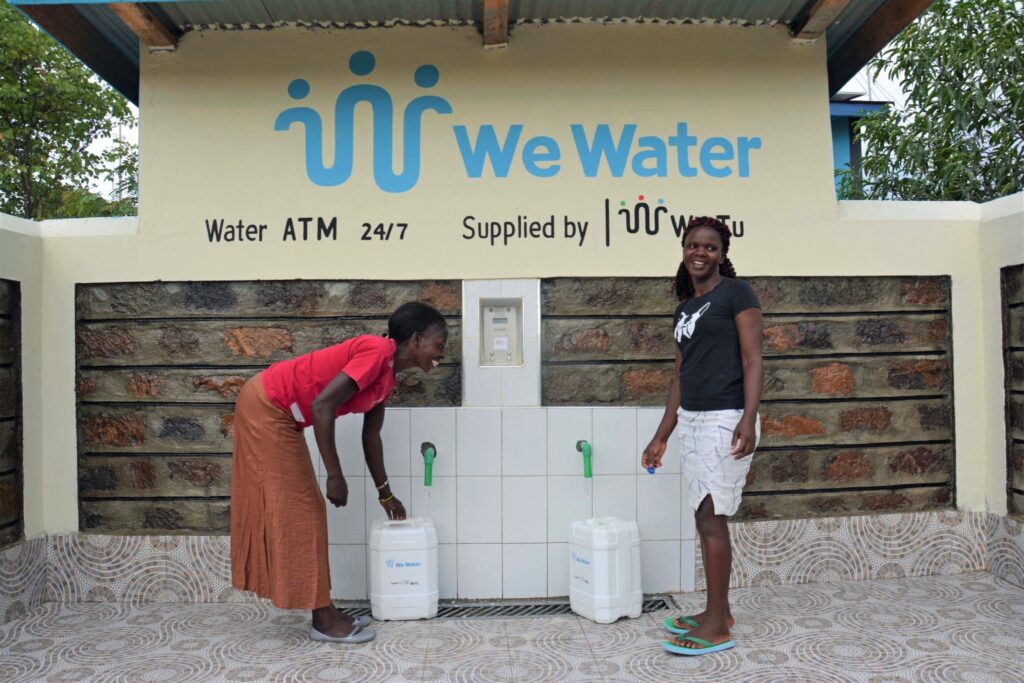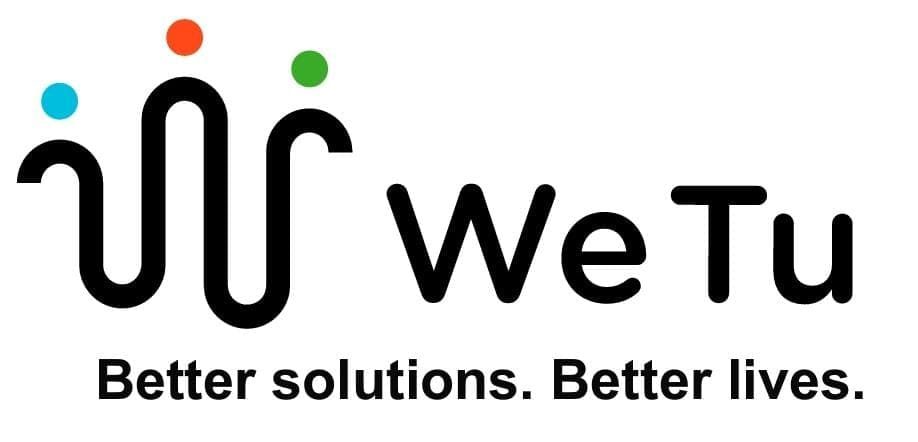In 2008, United Nations launched the initiative BCtA (Business Call to Action) to include enterprises in fostering the achievement of the Sustainable Development Goals (SDGs). The multilateral alliance consists of around 250 companies that offer their services in 70 countries to consumers, producers, suppliers, distributors as well as employees at the base of the economic pyramid (BoP). BCtA members are characterized by reaching their target group through providing successful, profitable and scalable business models that improve livelihoods at the same time.
WeTu – A new member in the alliance
As a social enterprise WeTu officially joined BCtA on February 17th, 2021, and declared to further implement and consistently improve sustainable business practices, promote green growth and socio-economic development in rural Western Kenya. To reach this goal, we deliver sustainable and innovative solutions through the three business verticals WePower, WeWater and WeMobility. Equipped with solar panels, our seven WeTu Hubs serve as green energy hubs around Lake Victoria in Kenya, where we offer our products and services. To expand our range, we are steadily working on building additional WeTu Satellite Hubs in the region and by cooperating with external agents and vendors.

Products and services at our WeTu Hubs
Our verticals target the market gaps in sustainable energy solutions, safe and clean drinking water as well as last-mile delivery, serving fisher folk, rural households, water vendors as well as small entrepreneurs like motorbike riders. WePower offers charging services for our e-mobility solutions as well as our solar lanterns. Fishermen can lease the state of the art lanterns at our WeTu (Satellite) Hubs. The lanterns are durable, safe and environmentally friendly to work on Lake Victoria during the night. WeWater provides clean and safe drinking water at an affordable price in the rural region. Through our ATM-system, we provide to our BoP market access to water 24/7 throughout the whole year. To raise awareness about the importance of safe drinking water, we carry out sanitation and hygiene trainings in our communities. The vertical WeMobility serves as a testing platform for last-mile transport solutions such as solar powered e-bikes and e-motorbikes. The design of the vehicles enables local production, leading to job creation and a sense of ownership among the local communities. By reducing air pollution, CO2 emissions and by working on affordable business models, we aim to meet the mobility needs of businesses and families in a sustainable, clean and climate friendly way.

Our contributions as a BCtA member
Within the active membership period of five years, WeTu committed to provide essential goods and services on clean energy solutions, e-mobility vehicles and safe drinking water to our BoP target groups. Our activities are measured by indicators and reported to BCtA. These activities and indicators refer to 4 of the 17 Sustainable Development Goals. Overall, WeTu contributes to SDG 1 (No poverty) and SDG 8 (Decent work and economic growth) by supporting increased annual income for low-income employees and create new fulltime jobs. This refers to decent working conditions and job creation within the enterprise itself as well as to business partnerships that are directly connected to WeTu’s services. Up until 2025, the number employees with decent working conditions shall reach the equivalent of 170 full-time positions, taking gender equality and youth employment into account. Within the realm of SDG 6 (Clean water and sanitation), WeWater aims to have 10.000 registered customers and therefore give access to safe and affordable drinking water to 50.000 people in its communities. (Statistically one household counts 5 persons on average in the region). Last but not least, WePower contributes to SDG 7 (Clean and affordable energy) by offering our affordable solar charged fishing lanterns to 1300 fishermen until 2025. Through our sharing economy model, we can offer the durable and sustainable lanterns as an alternative to solutions that have the potential to harm the environment (e.g. lead-acid batteries with short lifecycles). Read up on our sharing economy model for fishing lantern here.


